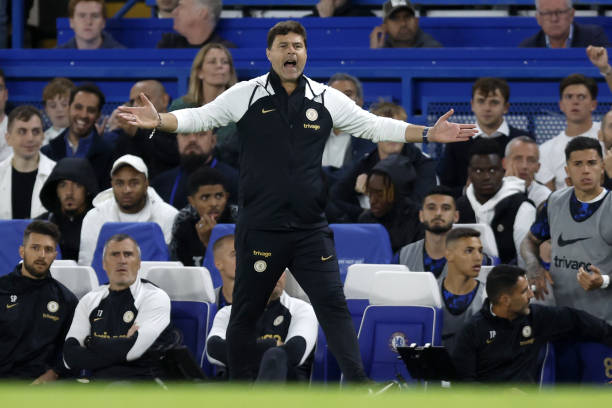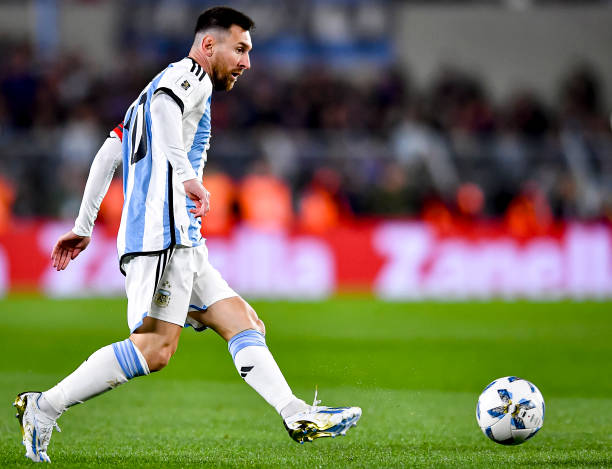Despite losing their opening group game to Saudi Arabia, Argentina have reached the 2022 World Cup final.
There is precedent for that.
In 1990, in Italy, when Argentina were the defending champions, they were upset by Cameroon in the opening game of that World Cup. They recovered, however, before narrowly losing to West Germany in the final.
20 years later, in South Africa, Spain went one better. They were beaten by Switzerland in their opening match of the tournament but still went on to win the tournament for the only time in their history.
Perhaps this year there were more surprises than usual in the group stages because of the timing of the World Cup.
Coming as it did in the middle of domestic seasons, national teams had very little time to prepare and work on tactics and formations prior to the start of the competition itself. And players who may have been injured will have had little time to recover.
Even when there have been several weeks of preparation, national team coaches will not have the same familiarity with their players as their club managers will do, and have less time to make judgments as to which players will gel in their system.
That is why players who star for their clubs do not always impress at the international level, because they do not always fit the style of play that the manager wants to adopt. This may not be apparent until the first game is played, though.
Losing the first game can also be good for managing the expectation of supporters.
While every team’s fans want them to win, some see it as a divine right, putting additional pressure on the players to succeed. An early loss can be a useful reality check, and alert players, coaching staff, and fans to the challenges ahead.
Freed of the burden of excessive hope, some players actually perform better.
It can also make their opponents underestimate them, thinking that if a “lesser” country can beat them, they won’t be much of a threat when they meet in the tournament. That often proves to be a miscalculation.
There is also the sense that tournament football is a marathon and not a sprint, and that it is not the team that starts the strongest that prevails, but the one that is still standing at the end.
Parallels can be drawn with Real Madrid in the Champions League last season, who were three times up against it in knock-out games against PSG, Chelsea, and Manchester City, but still ended up lifting the trophy after beating Liverpool in the final.
The best teams actually grow into major tournaments, picking up momentum, confidence, and self-belief along the way. Argentina, for example, have got stronger the closer they have gotten to the final.
They now appear to be convinced that their name will appear on the World Cup.

Must See
-


Champions League
/ 8 months agoChampions League – Matchday 2
Almost in the blink of an eye we reached the second day of the...
-


Premier League
/ 8 months agoThe bad start for Poch’s Chelsea
Since Todd Boehly’s arrival as club owner in the summer of 2022, Chelsea have...
-


Premier League
/ 8 months agoJadon Sancho’s feud with Erik Ten Hag continues
Manchester United winger Jadon Sancho’s time at Old Trafford has been torrid, to say...



